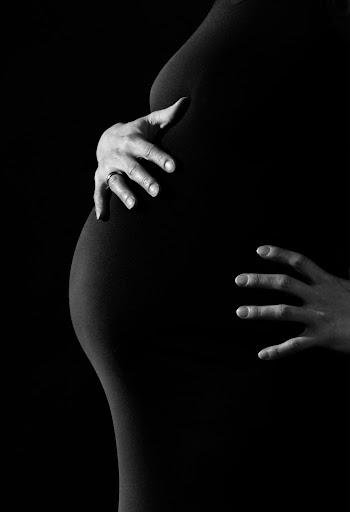Occasionally, women lose weight towards the end of their pregnancies. Gwinnett OBGYN rated one of the best obstetricians in Snellville, GA, invites our patients to learn why such an occurrence happens and if said event is a cause for concern.
By the end of your third trimester, you have likely grown accustomed to weight gain. That said, excess weight becomes so normal that you might find losing weight confusing and somewhat unsettling.
Is End Of Pregnancy Weight Loss Normal?
Once you reach the later stages of the third trimester, you might also arrive at the end of your pregnancy-induced weight gain. Instead of gaining weight, your weight might remain steady or even drop an appreciable number of pounds.
In actuality, such events are relatively common. Ongoing weight maintenance or loss indicates that your body is preparing for labor.
The Causes Of Third Trimester Weight Reduction
You might wonder what precipitates this phenomenon. We urge you to realize that such events have nothing to do with your baby. Your baby is not losing weight. Your soon-to-be newborn is probably gaining girth at a normal and healthy progression. That said, losing weight is likely attributable to factors like:
A Decrease In Amniotic Fluid
As you reach your pregnancy’s final days, the level of amniotic fluid inside your uterus gradually lessens. Less fluid inside your body equates to a decrease in overall weight.
Frequent Urination
As your due date nears, your baby’s head pushes down on your bladder. This can cause more frequent bouts of urination. This increased excretion expedites the rate at which fluids exit your body.
Increased Bowel Movements
If you are in your pregnancy’s final stages, you may experience more frequent and looser stools. Stools are comprised of appreciable quantities of water.
Heightened Perspiration
As your due date draws closer, your body feverishly works to rid itself of all excess fluids. This is a natural occurrence. As your pregnancy ends, your body simply does not need the fluid concentrations it had previously retained.
Ergo, it is not uncommon for expecting mothers to perspire more than the average individual. Sweat might not seem like a significant quantity of liquid. However, over time and when done in fair proportions, it adds up and often equates to discernible weight loss. Medical professionals also stress that this event will persist during the first week following your delivery.
Decline In Appetite
As your due date looms, the anxiety and discomfort you feel might result in a lessened appetite. When you consume fewer calories, you are more likely to lose some weight.
The Nesting Instinct
In the days leading up to their delivery, some women develop a nesting instinct, forcing mothers to perform various physical chores geared towards providing their baby with a safe and comfortable environment. This extra movement could burn calories at an expedited rate and result in measurable weight loss.
How Should You React?
Healthcare providers caution you to continue consuming nutrient-laden foods and not skimp on portions. It is crucial to remember that you are still eating for yourself and your unborn child until delivery day.
Contacting Us
If you have questions about this or any other pregnancy-related topic, please contact Gwinnett OBGYN for the best obstetricians in Snellville, GA.

